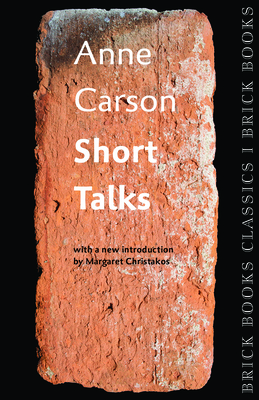
description
o the pastoral tradition.
Elizabeth Willis's new collection is a stunning collision of the pastoral tradition with the politics of the post-industrial age. These poems are allusive and tough. While they celebrate the pleasures of the natural world--mutability, desire, and the flowering of things--they are compounded by a critical awareness of contemporary culture. As we traverse their associative leaps, we discover a linguistic landscape that is part garden, part wilderness, where a poem can perform its own natural history. Divided into four cantos interrupted by lyrics and errata, Meteoric Flowers mirrors the form of Erasmus Darwin's 18th-century scientific pastorals. In attending to poetry's investigative potential, Willis shifts our attention from product to process, from commodity to exchange, from inherited convention to improvisational use.
Elizabeth Willis's new collection is a stunning collision of the pastoral tradition with the politics of the post-industrial age. These poems are allusive and tough. While they celebrate the pleasures of the natural world--mutability, desire, and the flowering of things--they are compounded by a critical awareness of contemporary culture. As we traverse their associative leaps, we discover a linguistic landscape that is part garden, part wilderness, where a poem can perform its own natural history. Divided into four cantos interrupted by lyrics and errata, Meteoric Flowers mirrors the form of Erasmus Darwin's 18th-century scientific pastorals. In attending to poetry's investigative potential, Willis shifts our attention from product to process, from commodity to exchange, from inherited convention to improvisational use.
member goods
No member items were found under this heading.
listens & views

ANNE OF GREEN GABLES: WINTER ...
by ANNE OF GREEN GABLES: WINTER PLEASURES / O.S.T.
COMPACT DISCout of stock
$11.99
Return Policy
All sales are final
Shipping
No special shipping considerations available.
Shipping fees determined at checkout.






